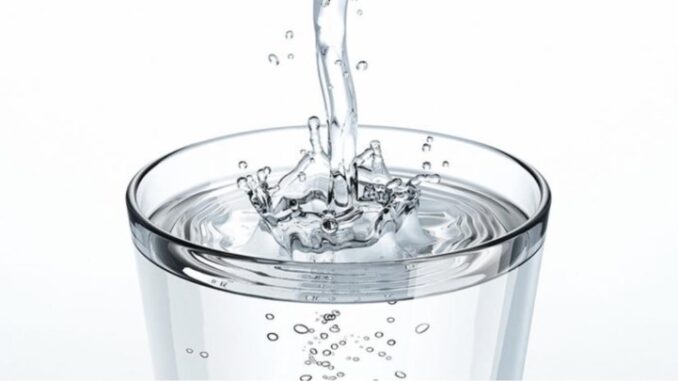
by Mnishi Sharma
Imagine if we had one organ that took up almost two thirds of our bodies. Our lives would depend on that organ’s well-being, right? There would be doctors, research centres and hospitals dedicated just to that organ. We would all know how to keep it healthy.
Well, this organ does not exist, but inherently that’s exactly the role water plays in our bodies. Our bodies are about 60 percent water. It is a major component of every kind of tissue from blood to bone. Just like any other organ, our water intake and supply can help us be healthy and vibrant or can be insufficient to do its job right.
Water is involved in every system and every event in our bodies. Nothing happens without it. But, as much as we need water, we are constantly losing it through vapours released while breathing, sweat released to cool down, saliva, and tears. Which makes it essential for us to stay hydrated. You might be wondering, “how would I know if I am consuming enough of it?”
Insufficient level of water in our body is often wrongly called dehydration. In fact, it is cellular dehydration, which unfortunately is a chronic condition that most of us go through every day.
Our cells depend on tissues that are meant to retain a certain amount of water. Cellular dehydration means they just contain less than they require to function optimally. Our brain requires more water than any other organ in our body hence it pays close attention on our bodies water level and whenever our brain notices that the water level is getting low it sends signals to different organs.
Now cells from those organs will give up some water to keep the brain hydrated. When even those organs get low on water, our mouths start to become dry, and we mistake this signal as the first step of thirst but it’s the last warning.
This does not mean that we should wait till we get thirsty and drink water right away. We should drink more water throughout the day to prevent cellular dehydration.
Hydration is not only about drinking water, it is also about the choices we make with the food that we put into our bodies.
Before getting to the stage of cellular dehydration, our underhydrated cells make us feel fatigued or tired and most of us instead of hydrating ourselves either go for a cup of coffee or eat processed foods that give us temporary energy to operate for some time, but they dehydrate our bodies even faster.
To stay hydrated we must eat fresh fruits and vegetables that provides essential minerals for our body and obviously drink more water.
Hundreds of thousands of people in Canada rely on tap water. According to Statistics Canada, the residential sector was the primary water user, averaging 215 litres per person per day in 2019. This worked out to 2,469 million cubic metres, or 51% of the drinking water produced.
This raises a big question, how safe is it to drink tap water? Global News published a story in 2019 that said the tap water is leached with lead from the rust on pipelines.
Darien Olein is an American author and health expert. During a Netflix documentary called ‘Down to Earth with Zac Efron’, he explained the tap water’s effect on our health in a very articulate way.
“Oh, Jesus we have what seems to be the water coming on demand which is a beautiful modern solution. It’s not coming off the rocks and streams. Fresh rivers got the minerals to energize itself from the sun there’s some real science to all that stuff so now we have water that we’ve put through a very old systems of filtration it’s been fused unfortunately with a lot of chemicals and were drinking this kind of experimental tea that has all of these unnatural things in it”
This is really concerning for us because now we know how important water is for our bodies. The tap water which is the most accessible way for us to have water carries so many unnatural chemicals and components like lead, fluoride, chloride, and more.
Although we can easily get rid of these chemicals used to treat the tap water by distilling the water but there is a huge cost we pay when using this process, the water losses all its minerals and TDS content that are essential to keep us hydrated. So, does this mean that we cannot get access to good quality water?
Well, that’s not true we can use some filters that adds minerals to water after distilling it or can add some Himalayan rock salt in our water to increase its mineral and TDS content.

Be the first to comment